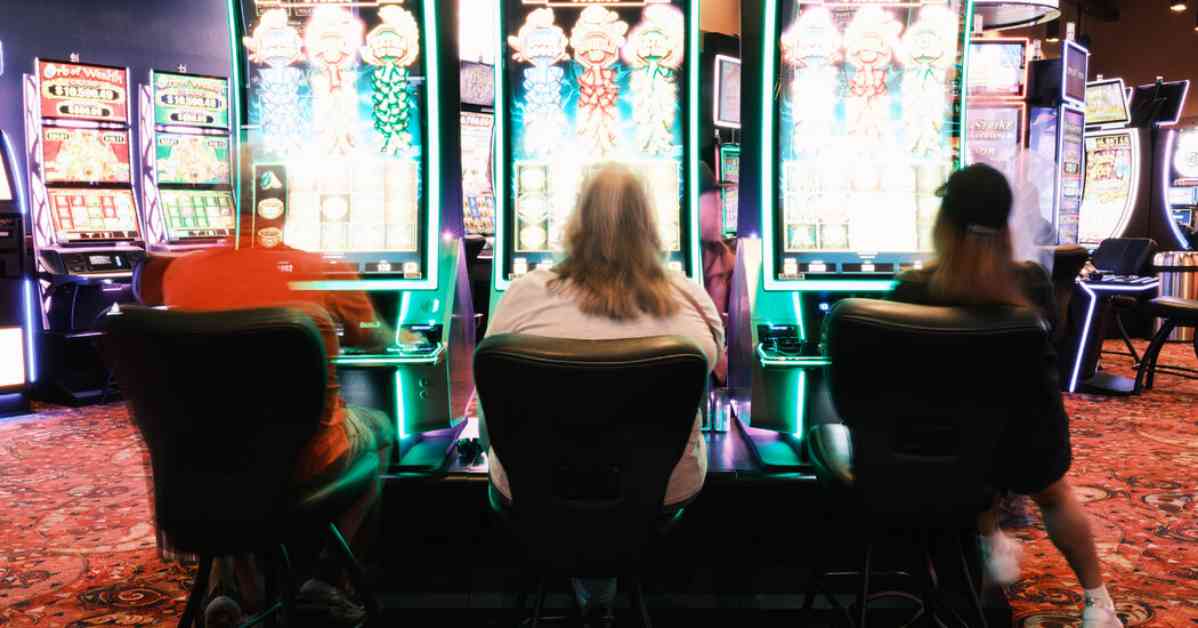Proposals to expand tribal casino operations in Oregon have sparked a contentious debate that could have far-reaching consequences for the state’s gambling industry. Native American tribes argue that these expansions are essential for their self-determination, while state officials are concerned about the potential impact on revenues generated by the Oregon Lottery.
David R. Thomason, the owner of an Elmer’s family restaurant in southern Oregon, is among the many video lottery retailers in the state who are anxiously awaiting a decision from the U.S. Department of the Interior regarding the potential opening of urban casinos by two Oregon tribes. Mr. Thomason, who relies on the revenue generated by the video lottery machines in his establishment, fears that the introduction of tribal casinos could lead to a significant drop in business.
The issue of tribal casino expansion has not only raised economic concerns but has also created rifts among the tribes themselves. The lobbying campaign surrounding these proposals has been characterized by negativity and high costs, leading to fears that tribal relations may be strained as a result.
The potential consequences of tribal casino expansion go beyond just the economic impact. The state of Oregon has long relied on lottery revenues to fund various public initiatives, including education and economic development. Any disruption to these revenues could have serious implications for the state as a whole.
As the debate over tribal casino expansion continues, it is clear that there are no easy answers. Both the tribes and state officials have valid concerns that must be taken into consideration. Finding a solution that balances the interests of all parties involved will be crucial in ensuring the long-term stability of Oregon’s gambling industry.





















